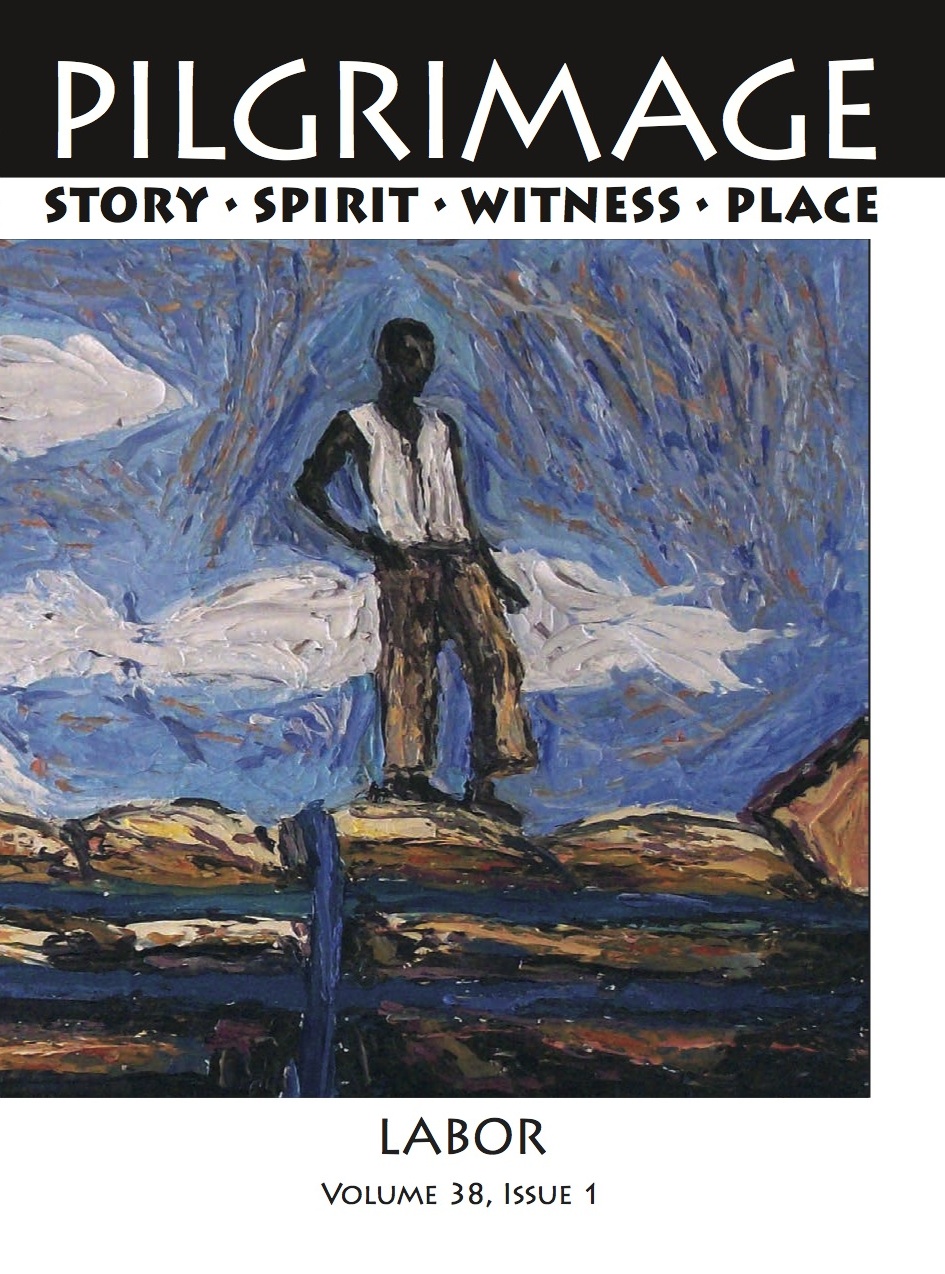 After approximately eight months of protests, the Colorado Coalfield War came to an end on April 20, 1914, the day of the Ludlow Massacre. Twenty deaths in all occurred in the Ludlow Tent Colony, including a guardsman, miners, and their wives and children when Colorado militiamen and coal company guards attacked and set fire to the colony. The event brought workers’ rights and industrial worker-company relations into the national conversation. Thanks to the hard work of historians, scholars, union members, the Colorado National Guard, archaeologists, the Ludlow Commemoration Commission, religious leaders, musicians, and writers, these tragic events endure in our memory and continue to remind us that the rights of the worker stay an important cause. After approximately eight months of protests, the Colorado Coalfield War came to an end on April 20, 1914, the day of the Ludlow Massacre. Twenty deaths in all occurred in the Ludlow Tent Colony, including a guardsman, miners, and their wives and children when Colorado militiamen and coal company guards attacked and set fire to the colony. The event brought workers’ rights and industrial worker-company relations into the national conversation. Thanks to the hard work of historians, scholars, union members, the Colorado National Guard, archaeologists, the Ludlow Commemoration Commission, religious leaders, musicians, and writers, these tragic events endure in our memory and continue to remind us that the rights of the worker stay an important cause.
The issues raised one hundred years ago—equal pay, fair benefits, cost of living, and safe work conditions—are still not fully realized. The borderlands continue to be another Ellis Island for people pursuing work and opportunity, and harsh conditions for migrant workers(as depicted in poems by Miguel Morales and Lauren Espinosa) are simultaneously sources of pride and shame. In the aftermath of another economic recession that has forced many of us to reconstruct ourselves in our resumes, the gap between rich and poor widens, leading to desperate actions for work: the migration that make us abandon farms for cities brimming in fierce competition for newspaper job ads, the anxiety of our being mistaken for “The Man” because of our collared shirt, and taking the leftover jobs that no one else wanted before.
With our art selections from Allen Forrest’s collection of “Fair Trade Coffee” paintings, we see the impact of globalization through impressionistic brush strokes that depict hard-working people across the world, proud and determined to earn for themselves. We pay tribute to a father who carried the smell of the Rubbermaid factory home with him for dinner, and in Dennis Maloney’s “Letter to James Wright” we find solidarity: “Our fathers labored / in the same bitter factory / they just called that hell / by a different name.”
Our daily labor is not exclusive to the factories, fields, and temp jobs in office cubicles. Work is with us in the home. This can be the seamstress jobs from Mother Jones’ past, a mother or daughter preparing bread, an unnamed woman sifting grain in a far off rice paddy that she calls home, or a female engineer showing her contributions in a male-dominated field in addition to her questioning of the larger consequences of fracking.
We all have debts to pay. We all have work to do. This issue is for all of us. It is another tribute to the victims of the Ludlow Massacre, to everyone who’s overworked and underpaid, and to everyone who stands up for what is right and fair. Even with this adversity, we remain undeterred and seek out the hope in a campfire’s warmth, the 12-bar blues played on a guitar, and the comfort of a work shirt we refuse to wash. With this issue, we are honored to be a part of our state and city’s commemoration events, and, after reading for this issue, we know that we are not alone in our devotion to the worker.
Juan Morales
Pueblo, Colorado
April 2014
|